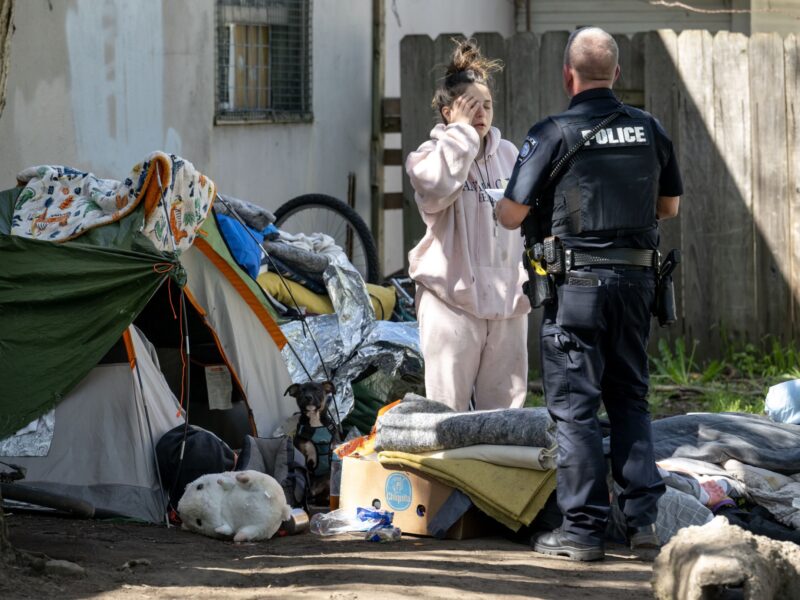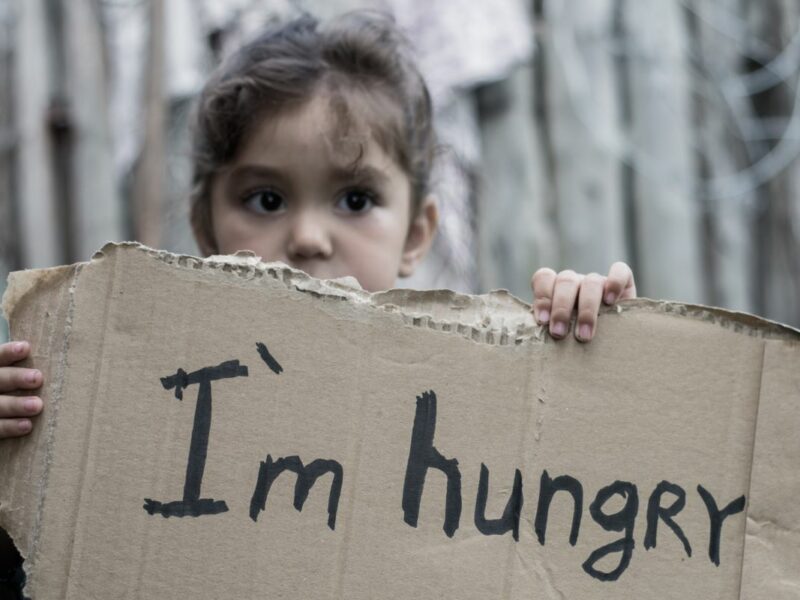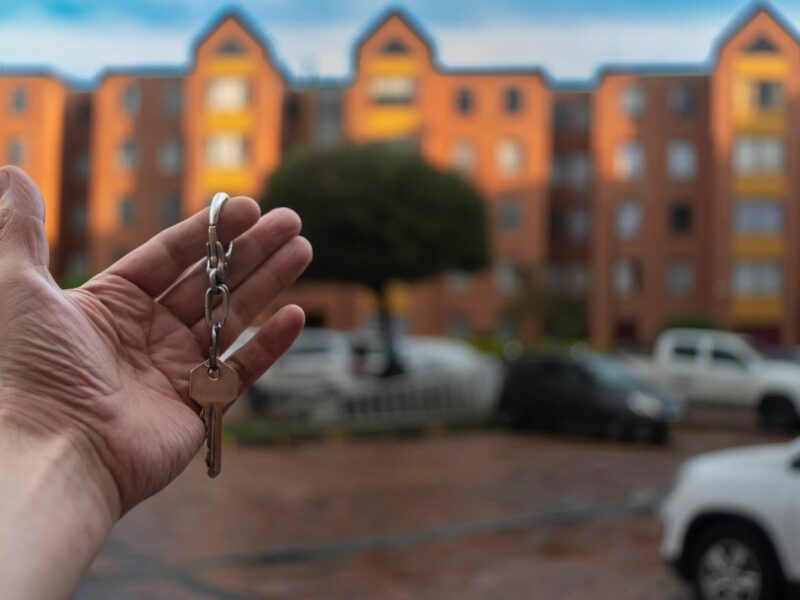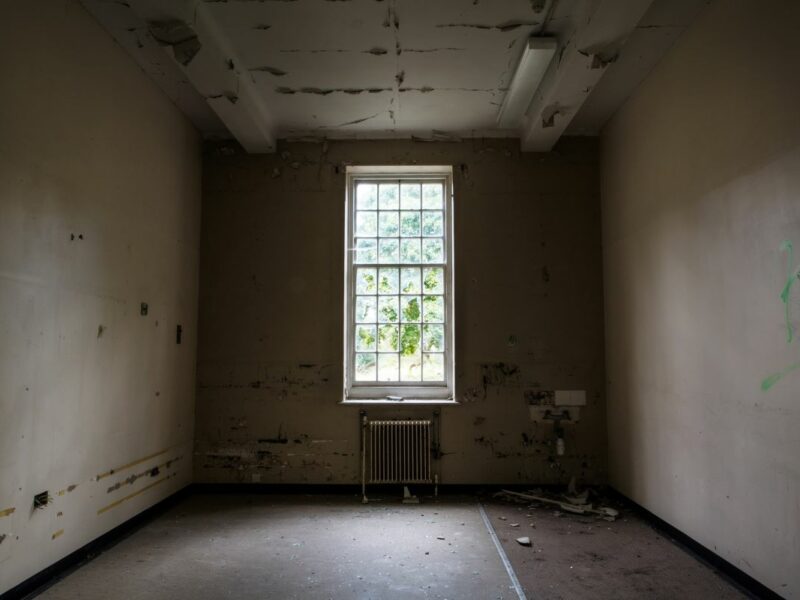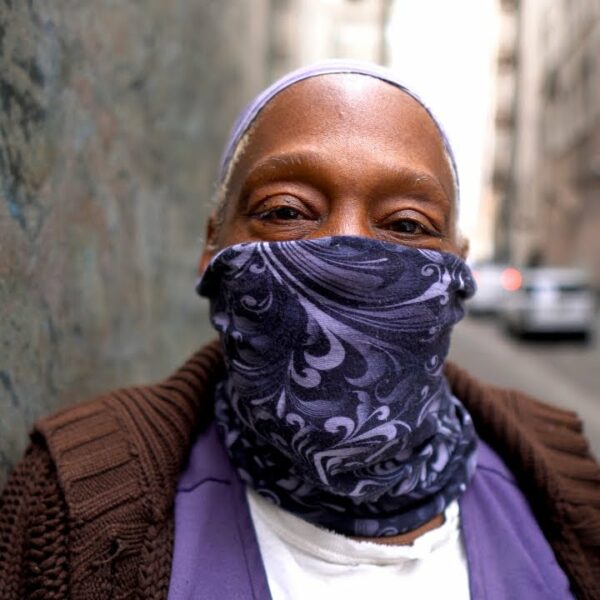New Jersey Research Proves Giving Vulnerable People Money Can Solve and Prevent Homelessness
For anyone in doubt, here lies yet another study proving that we’ve been scratching our heads for a solution to homelessness that has been right in front of us the entire time.
All of the leading causes of homelessness, from the lack of affordable housing to poverty to unemployment, have a common denominator—money. And while our national leaders love to overcomplicate things, money can indeed solve homelessness. Not when it is spent toward arresting people who are enduring homelessness or when it is used to build frivolous shed-like structures and then loosely refer to them as shelters. No. Money has been effective in solving homelessness when it is given directly to homeless people.
Lamenting on Previous Studies That Have Proven the Same Successful Method
Giving homeless people money with the hope that they will use it to secure housing is not a novel idea. Multiple experiments have shown that this method has been successful over the years. Most of these involved a small stipend being distributed across a focus group.
Somewhat miraculously, the overwhelming majority of program participants in each of these experiments were able to use the funding, which was usually $500 or less per month, to secure housing.
Among the most notable of these programs were:
- The New Leaf Project
- The Denver Basic Income Project
- Care Not Cash
These pilot programs often achieve the same positive result but lack community support. This is not because people don’t want to solve homelessness, but sadly, because people don’t want to solve homelessness by giving unhoused people money.
Initiated all across the country and in some cases across the globe, studies that fund homeless people with cold hard cash outrank other more expensive methods of combatting homelessness.
New Jersey is the most recently added to the elongated list of places that played with the idea of handing out funding to the people who needed it most – those who were already homeless or on the brink of becoming homeless – and yielded what some might call unexpected results.
Enter the Paterson Pilot and See Another Miraculous Result
Under the Paterson Pilot, 110 participants were selected from a large pool of low-income earners to receive a $400 monthly stipend via debit card.
The experiment, which included individuals earning under $30,000 per year and families falling behind the living wage standard, currently set at just under $88,000 in annual earnings, was designed as part of a larger scheme to rectify housing insecurity through unrestricted forms of basic income.
The study, like those listed above, was rooted in success. Researchers reported back “significant gains in employment” along with:
- Higher credit scores
- Increased financial stability
- A positive impact on mental health
- Community well-being
The flexibility of having a debit card in lieu of more restrictive means of income, such as housing vouchers, made it easier for participants to access the things they needed most, such as food, medication, and housing.
“We gave them a card where we could track the expenditures,” explained pilot endorser Andre Sayegh in a briefing with NJ Advance Media reporters. “So we can see, are they spending the money on liquor or cigarettes? No, what we found is that they were spending it on food, they were spending it on medication, they’re spending it on rent.”
Practically every study of this kind refutes the idea that people at risk for or enduring homelessness are irresponsible with cash. Yet, what scares people, it seems, is the idea that implementing a Universal Basic Income might prove a positive measure for society.
Not the Only Program of its Kind in the State: Newark Launched the Newark Movement for Economic Equity to the Tune of Success as Well
Elsewhere in New Jersey, a similar initiative took hold in 2021 when 430 low-income residents in Newark were awarded a $6,000 stipend over two years.
This pilot program, known as the “Newark Movement for Economic Equity,” was another designed to combat housing insecurity. Unrestricted cash payments were given to residents whose household incomes were less than 200% of the state-determined poverty level. Herein is a list of how those funds were used:
- 40.98% went toward retail sales and services, a category that includes maintenance, repairs, clothing, medication, and school supplies
- 26.5% went toward food and groceries
- 11.15% was spent on housing and utilities
This latter program prioritized housing insecure individuals and is meant to be part of a broader plan to combat homelessness through things like Universal Basic Income.
While both programs had similar positive results, they’re still insufficient to tackle the growing inflation rates and housing costs, leaving far too many locals in a lurch.
Talk to Your State’s Representatives About Cash Assistance to Combat Homelessness
Housing voucher programs can be restrictive, and they can even put those who receive them at risk of income discrimination, which serves as a pathway into, not out of, homelessness.
Time and again, we find that programs featuring unrestricted stipends are not only successful in preventing homelessness but also emblematic of homeless people’s relatively responsible spending habits. Thus, these initiatives can show the glaring system failures causing homelessness along with innovative approaches to resolution.
Talk to your state representatives about possibly launching a cash assistance pilot program to combat homelessness where you live.





